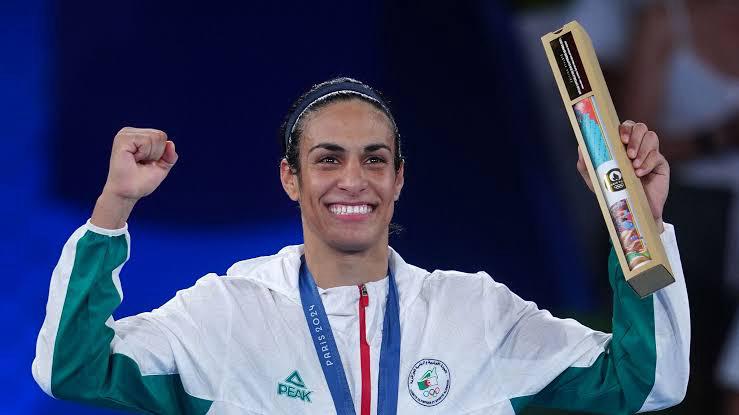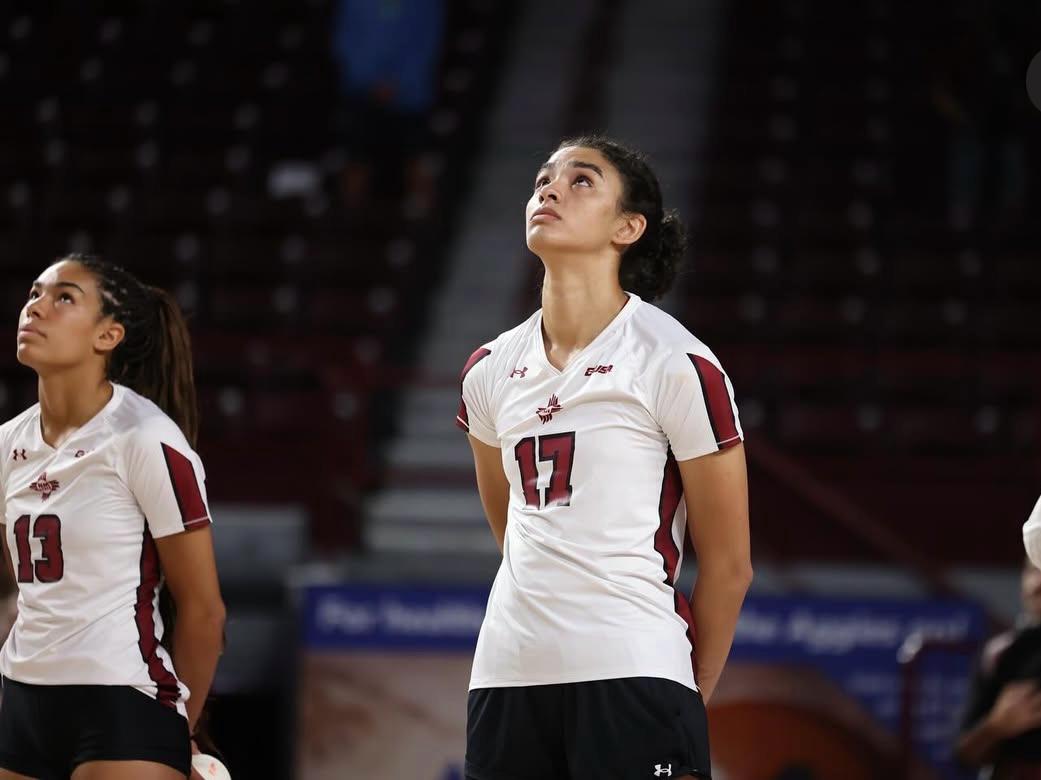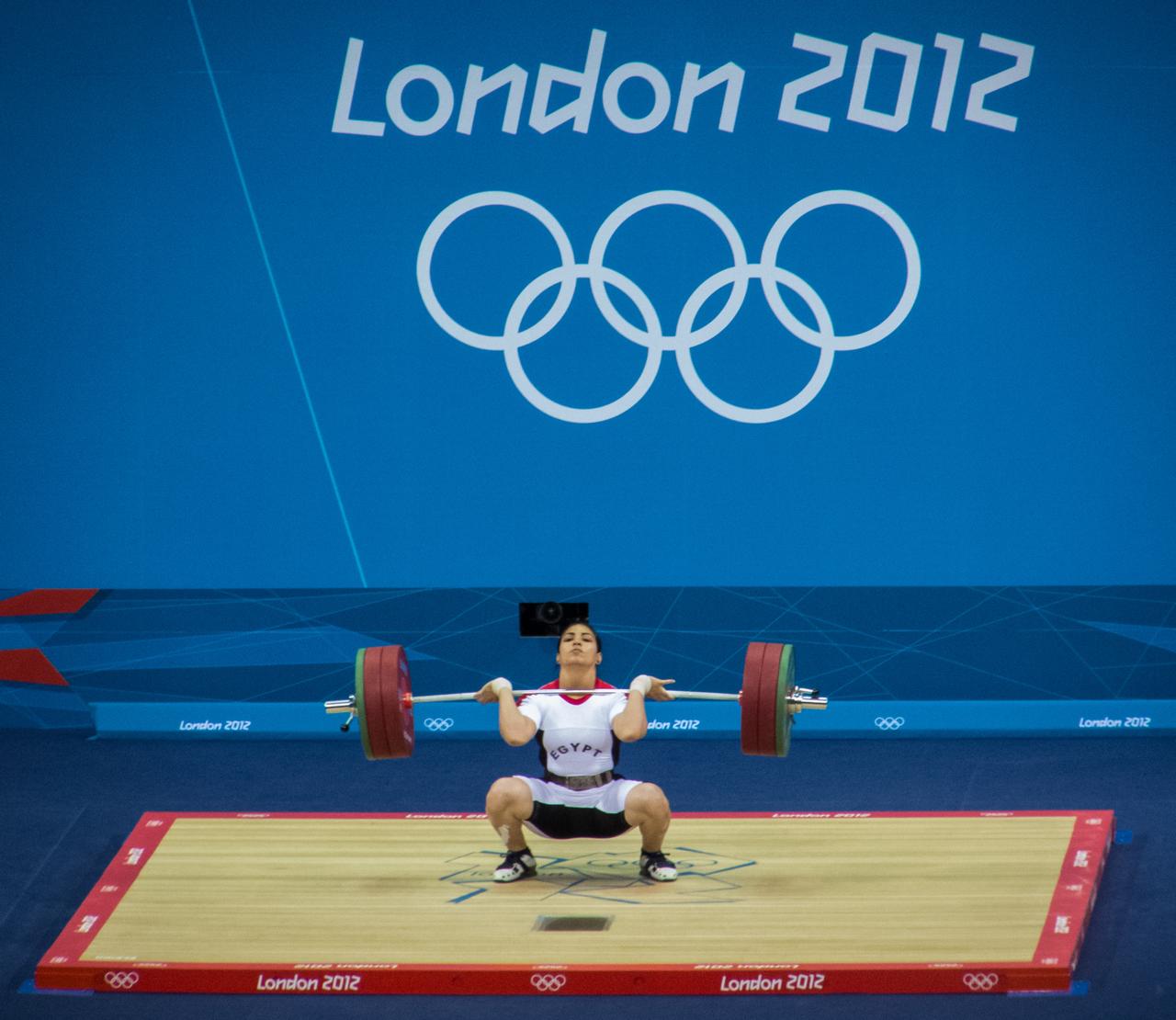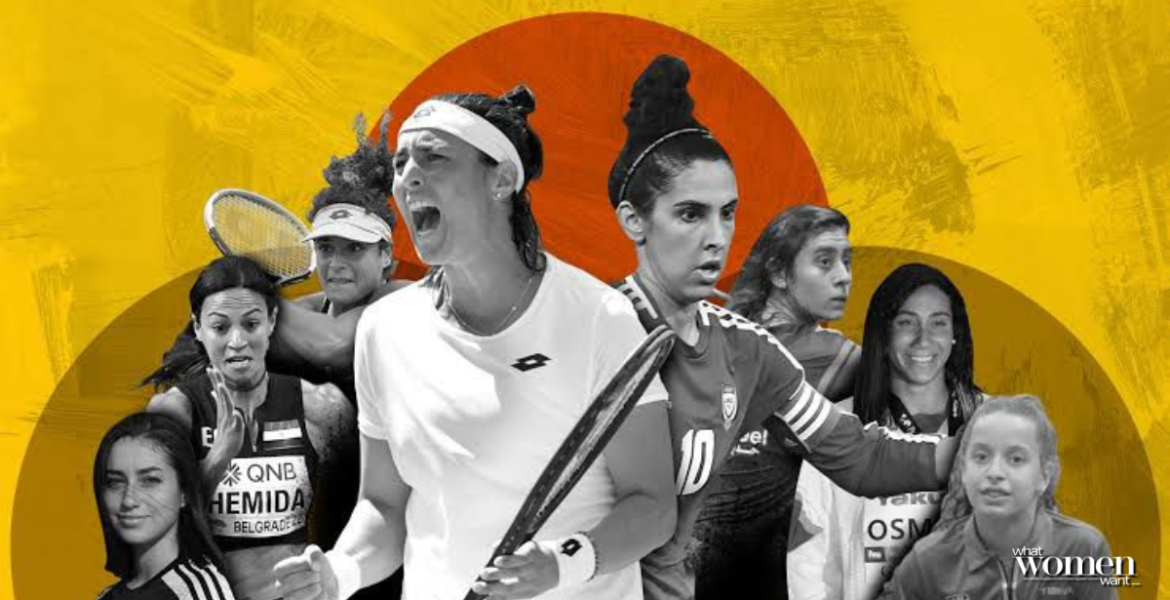“Shouldn’t she just take it like a man?”: The high cost of female athleticism. Competition on the field, pushing back against gender stereotypes that label their strength as too masculine and subject their bodies to public scrutiny. Women in sports carry the burden of constantly defending their femininity and identity as a penance for just excelling.
The High Cost of Female Athleticism
I remember growing up, I always wanted to try out boxing. Their strength and resilience fascinated me, their sharp focus and lightning-speed reflexes. However, I was never able to, because my mom thought it was a “too masculine” sport.
“You’ll be all muscle and bruises,” she said. “Choose a more ‘banoota’-like sport.”
And it stuck with me since then—how can a sport take away something from you that you’re born with? Over the years, I’ve seen and heard about how people bully and discriminate against female athletes just for doing what it takes to excel at what they love.
Furthermore, bullying often comes disguised as ‘concern’ about their bodies and femininity. Forced competition, degrading evaluations, and size-related harassment by peers and teachers became a non-negotiable part of the package. It’s a price you have to pay as a female for not fitting the ‘hegemonic feminine ideal,’ a lie society has spread within.
Female Athletes

Take Algerian boxer Imane Khalif, who was attacked and publicly subjected to transphobic comments during the Paris 2024 Olympics. Moreover, people constantly questioned her about her gender purely based on her masculine build, despite her firm assertion that she is a woman.
Or Egyptian volleyball national team player NourAllah Yasso Amin, who keeps facing sexist and misogynistic remarks about her strong physique and deep voice, overshadowing her sporting excellence.
Instead of being praised and celebrated for their dedication and medals, these remarkable athletes are tagged as ‘manly,’ ‘fraud,’ or ‘not real women’—all because of a physique that is a natural outcome of years of discipline and hard training. People consistently reduce you to your looks, even though you are first-rate at what you do. That’s not empowerment, that’s erasure.
The Burden of Playing the “Femininity Game”

Society forces female athletes who do not fit the social mold to play the femininity game. By definition, femininity is “not large, not imposing, not muscular or competitive.” Society does not expect feminine women to be aggressive or victorious. It’s “not feminine” to want to win with all your heart and soul.
As Nelson (1998, p.145) wrote:
“Femininity is about appearing beautiful, vulnerable and small. It’s about winning male approval.”
Society forces many athletes to balance their feminine image with the masculine qualities of their sport, and pressures them to perform hyper-femininity off the field to ‘make up for’ their athleticism, like a penance. In particular, this puts an enormous mental and emotional burden on them. The pressure to “fit in” and have people perceive them as women forces them to spend energy navigating this instead of focusing on their sport.
The mental pressure can be exhausting, leading to anxiety, depression, eating disorders, and burnout. Furthermore, imagine how many super-talented, hard-working young girls dropped out of sports because of the social stigma. Media and marketing bombard today’s girls with images of external beauty, not strong female athletes as role models. A mold they must stay in feels more important to many than following their passion. Not because they lack talent or ambition, but because the social cost feels too heavy.
We as a society should start redefining what femininity means, to recognize that that’s the true face of a modern girl, to protect them from body shaming, and build a support system for these girls and women to thrive and freely do what they aspire to be without being weighed down by norms, recognizing women’s unique needs without reducing them to stereotypes.
UN Women and the National Council for Women launched the Cheer Out Loud campaign to combat cyberbullying and online violence against all female athletes across multiple sports to help raise awareness about this issue.
As Imane Khalif said:
“To refrain from bullying all athletes because it has effects—massive effects. It can destroy people, it can kill people’s thoughts, minds, and spirit, and it can divide people.”
Let Female Athletes Shine Without Apology

It’s time we let our female athletes shine without apology. To create a world where women can be whatever they want without having to justify their womanhood, as strength isn’t the opposite of femininity—it’s a part of it.

